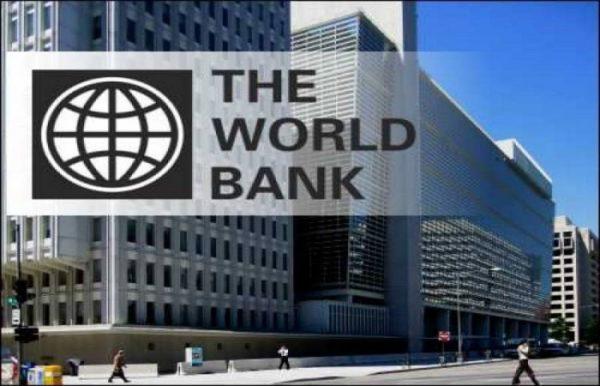The World Bank has stated that the Russia-Ukraine war, COVID-19 pandemic, and rising inflation pose challenges to Nigeria’s poverty reduction goals.
This was made known by World Bank economists, Jonathan Lain and Jakob Engel in a recent blog post.
The Washington-based institution, however, said trade could be a vital solution.
It said through its effects on investment, technology transfer, and competition, trade can help growth — boosting job creation, increasing domestic value-added, and reducing the price of goods that Nigerians buy along the way.
“Nigeria’s aspiration to lift all of its people out of poverty by 2030 presents a serious challenge,” the bank said.
“Even before COVID-19, four in 10 Nigerians lived below the national poverty line – some 80 million people.
“The global pandemic, rising inflation, and ongoing uncertainty related to the war in Ukraine – combined with relentless population growth – have made Nigeria’s poverty-reduction goals more challenging than ever.
“In Nigeria, many policies limit trade; the country is not unique in this regard, as protectionist policies have been on the rise the world over and the ongoing war in Ukraine could intensify this.
“Throughout the past two decades, import bans, tariffs, and foreign exchange restrictions have all curbed the flow of goods into Nigeria.
“These restrictive policies culminated in Nigeria closing its land border for more than a year in August 2019. Nigeria is also currently negotiating the terms of its participation in the African Continental Free Trade Agreement (AfCFTA); therefore, discussions of trade policy are very topical.”
According to the World Bank, specific government policies may therefore be needed if the gains of trade liberalisation are to be reaped in Nigeria.
It recommended the provision of social protection to support those households whose wellbeing is under threat.
It also advised the government to implement deeper reforms such as improving interstate labour mobility and helping workers reskill themselves for sectors in which jobs and incomes benefit from greater exposure to international markets.
“Also, broader reforms that foster sustainable growth and share its proceeds to poor and vulnerable Nigerians could help those households that might lose out if trade is liberalized; these include macroeconomic reforms that diversify the economy away from oil, spur structural transformation, and boost wage job creation as well as investment in infrastructure to help households access markets and economic opportunities,” the bank said.
“With the right mix of complementary policies, Nigeria can take advantage of trade as a pathway to poverty reduction.”
In June 2021, President Muhammadu Buhari launched a steering committee on national poverty reduction with growth strategy (NPRGS).
He said the committee will address his commitment to lifting 100 million Nigerians out of poverty in 10 years, with a well-researched framework for implementation and funding.

